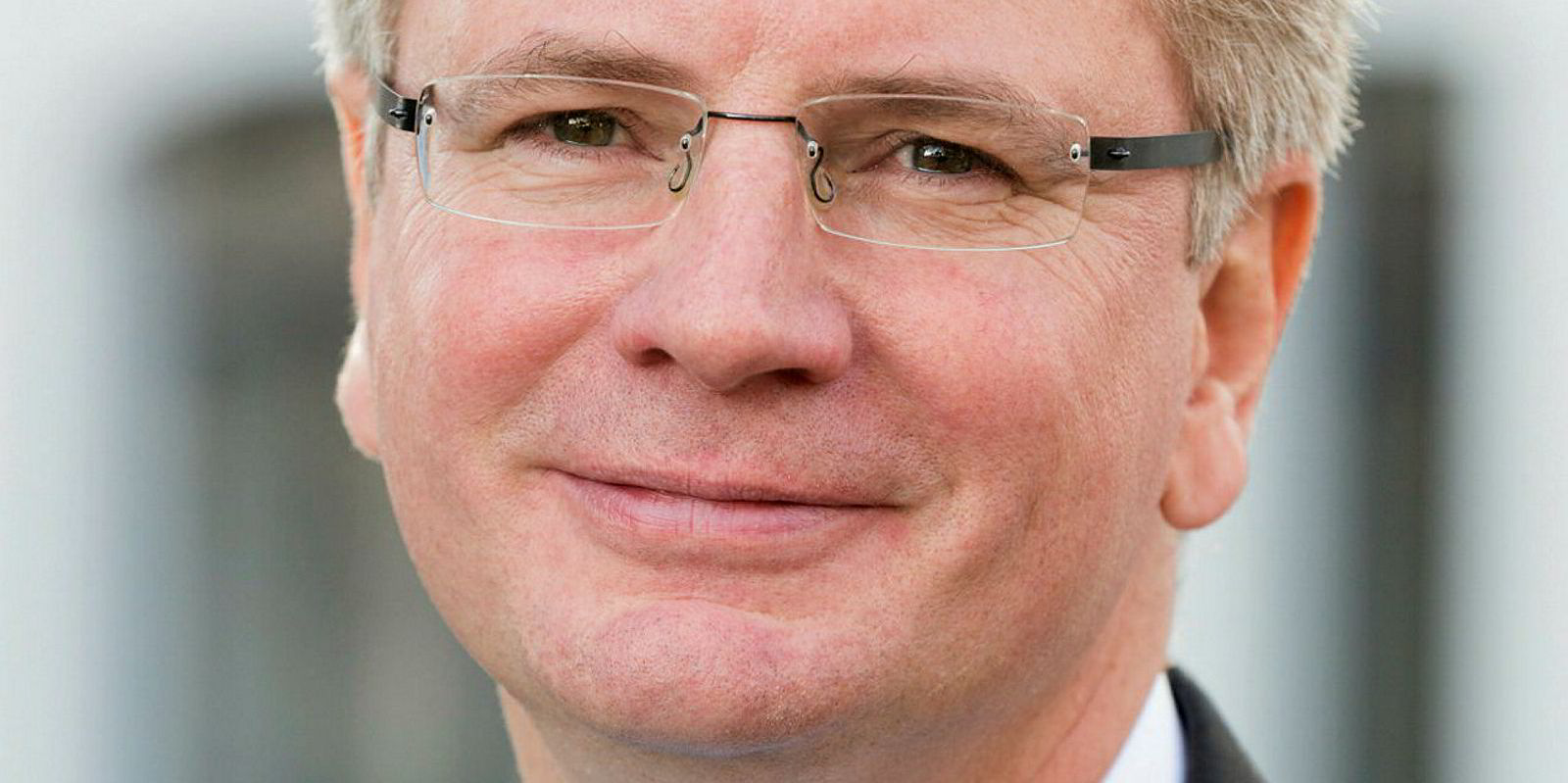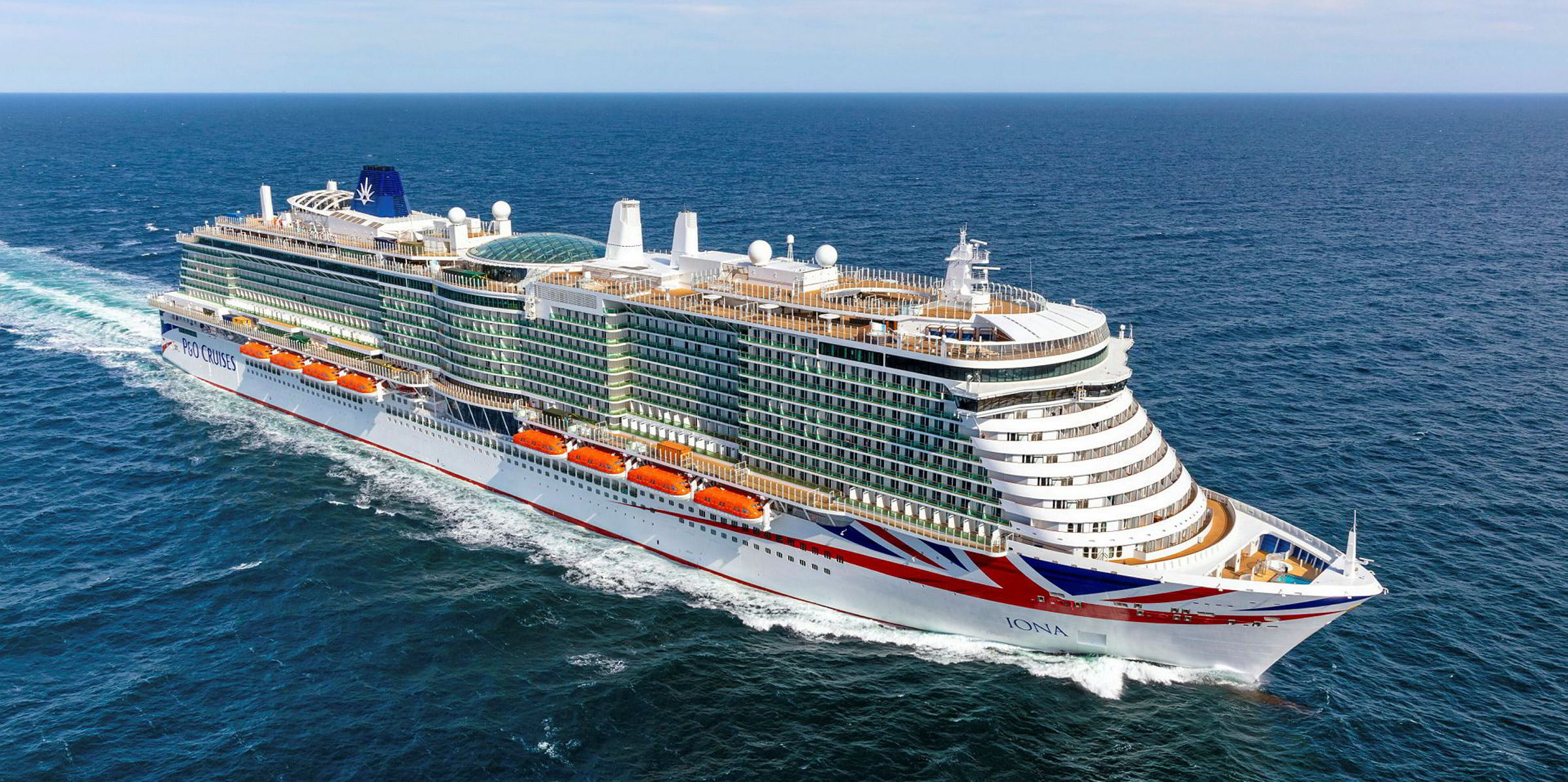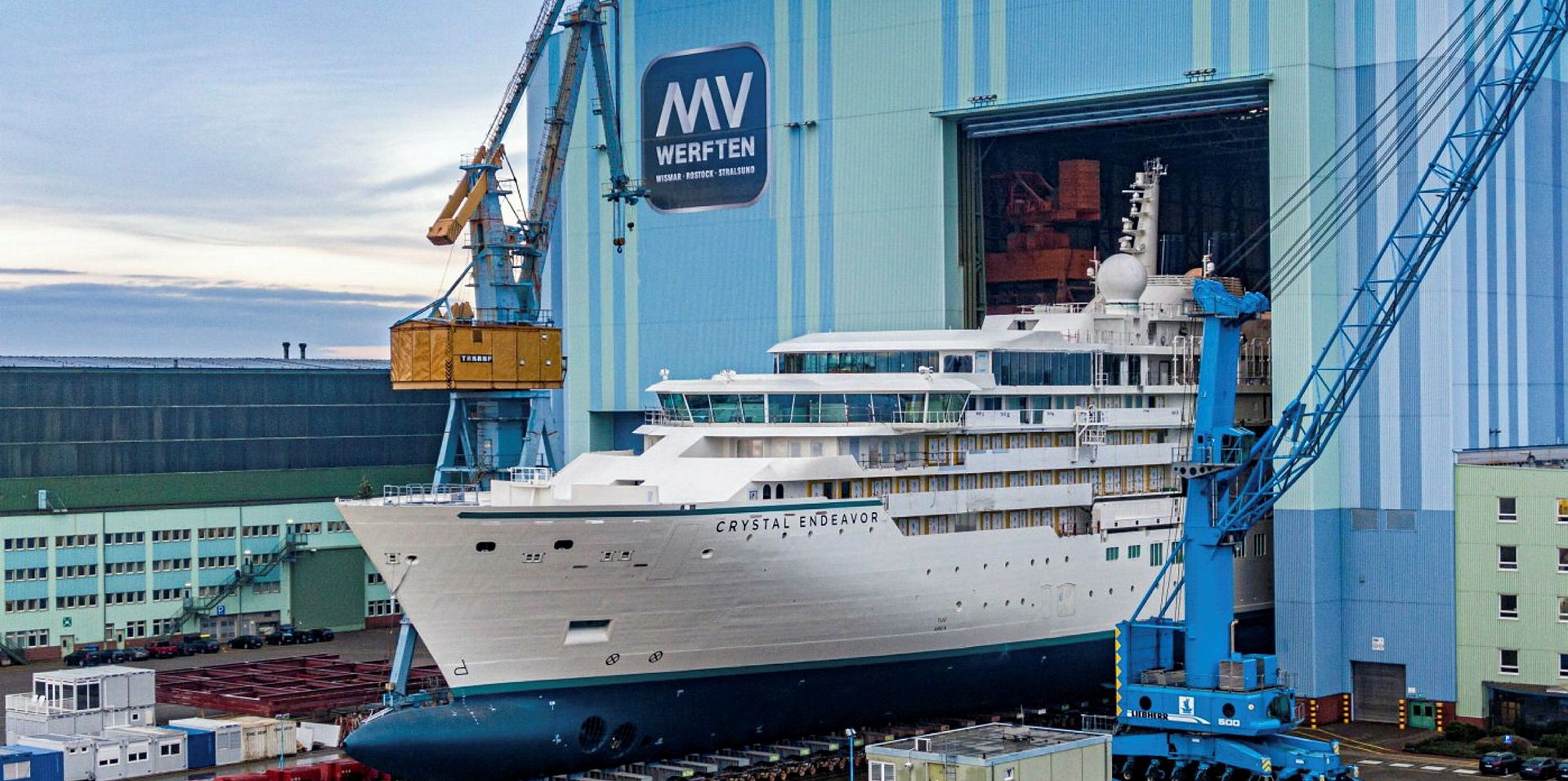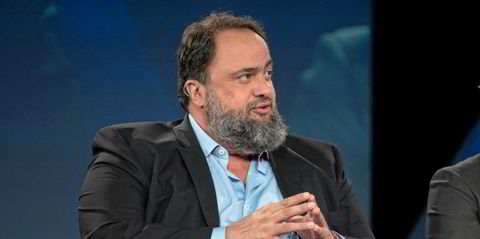Europe’s leading shipyards were riding on the crest of a cruiseship newbuilding ordering wave this time last year.
The biggest problem they faced was a lack of dock space to meet the demand for more cruiseships.
However, in a matter of months, the emergence of Covid-19 has now left them fearful for their future as the pandemic has put a stop to cruise holidays and the ambitious expansion plans of the industry’s leading operators.
Despite fears that the cruise giants might cancel their newbuildings, there have been some significant deliveries this autumn.
Fincantieri successfully handed over the 141,000-gt Enchanted Princess (built 2020) to Princess Cruises in late September.
Meyer Werft delivered the 184,000-gt Iona (built 2020) to P&O Cruises in mid-October and the 58,250-gt Spirit of Adventure (built 2020) was passed to Saga Cruises at the end of September.
Fincantieri said it expects to hand over two more ships before the end of the year, and only plans minor rescheduling of the 29 deliveries it has lined up in the next four years.
A spokeswoman said they will be working with their main customers on delivery.
“Collaboration between cruise lines and shipbuilding companies has been absolutely crucial in this phase," she said. "We all have the responsibility to lead the sector beyond the crisis.”
Yards are in a strong position
Contractually, yards are in a strong position and it is unlikely they will face financial penalties for late delivery because of production problems caused by the coronavirus.
Most cruise shipbuilding contracts allow the shipyards to declare force majeure in the case of a pandemic, such as Covid-19. That gives them the right to renegotiate delivery as long as they provide adequate notification to the owner.
So far, there have also been no major cancellations in Europe at Meyer Weft or its Finnish yard, Meyer Turku. It is a similar story at Chantiers de l’Atlantique in France.
Italian shipbuilding group Fincantieri said its orderbook remains as it was before the pandemic.
A Fincantieri spokeswoman said: “Our backlog is intact, and allows us to look at the future with confidence, confirming a workload for the next six to seven years with consequent financial and economic performances in line with the previous business plan’s targets.”
However, the downtime during lockdown is not leaving European yards unscathed.
In its half-yearly figures, Fincantieri estimated production had been reduced by 20% because of the closure of its yards in March and April. Its results show that the temporary shutdown cost it €190m ($255m) in lost revenue.
How long will the downturn last?
The concern is now how long the projected downturn in newbuilding orders will last and whether yards in Europe have enough of a backlog to see them through.
Reinhard Luken, chief executive of the German Shipbuilding and Ocean Industries Association (VSM), said cruise shipbuilding involves longer lead times to finalise newbuilding deals than it does for merchant ships.
His concern is that the German shipbuilding industry could be facing a difficult situation in just over a year’s time.
“Before the pandemic, the shipbuilding orderbook was at an all-time high so everyone thought it was safe,” Luken said.
“But, because of the long lead time needed to finalise an order, having a big orderbook does not mean the industry is safe and we could be hit by a big problem in one-and-a-half years or so.”

Financial aid from the German government to shipbuilder MV Werften has been used to help complete a cruiseship for its owner, Genting Hong Kong.
The shipyard used Germany’s economic stabilisation fund for a €193m bridging loan for the 20,000-gt cruiseship newbuilding Crystal Endeavor (built 2021).
Luken’s concern is that German yards may need more assistance at a time when public spending is being put under review.
“In two years' time, everyone will be talking about budget consolidation,” he said.
European shipyards will be hoping that the cruise industry has recovered and operators are ordering again.
There is some hope that the recent early decommissioning of cruiseships by operators may bring fleet renewal forward.
Paolo Moretti, chief executive of classification society Rina, is optimistic about a V-shaped recovery.
"The facts suggest that if demand, once the pandemic is over, goes back to pre-Covid levels, the existing reduced global cruiseship fleet might not be able to meet market demand, leaving no alternatives than ordering new vessels," he said.







